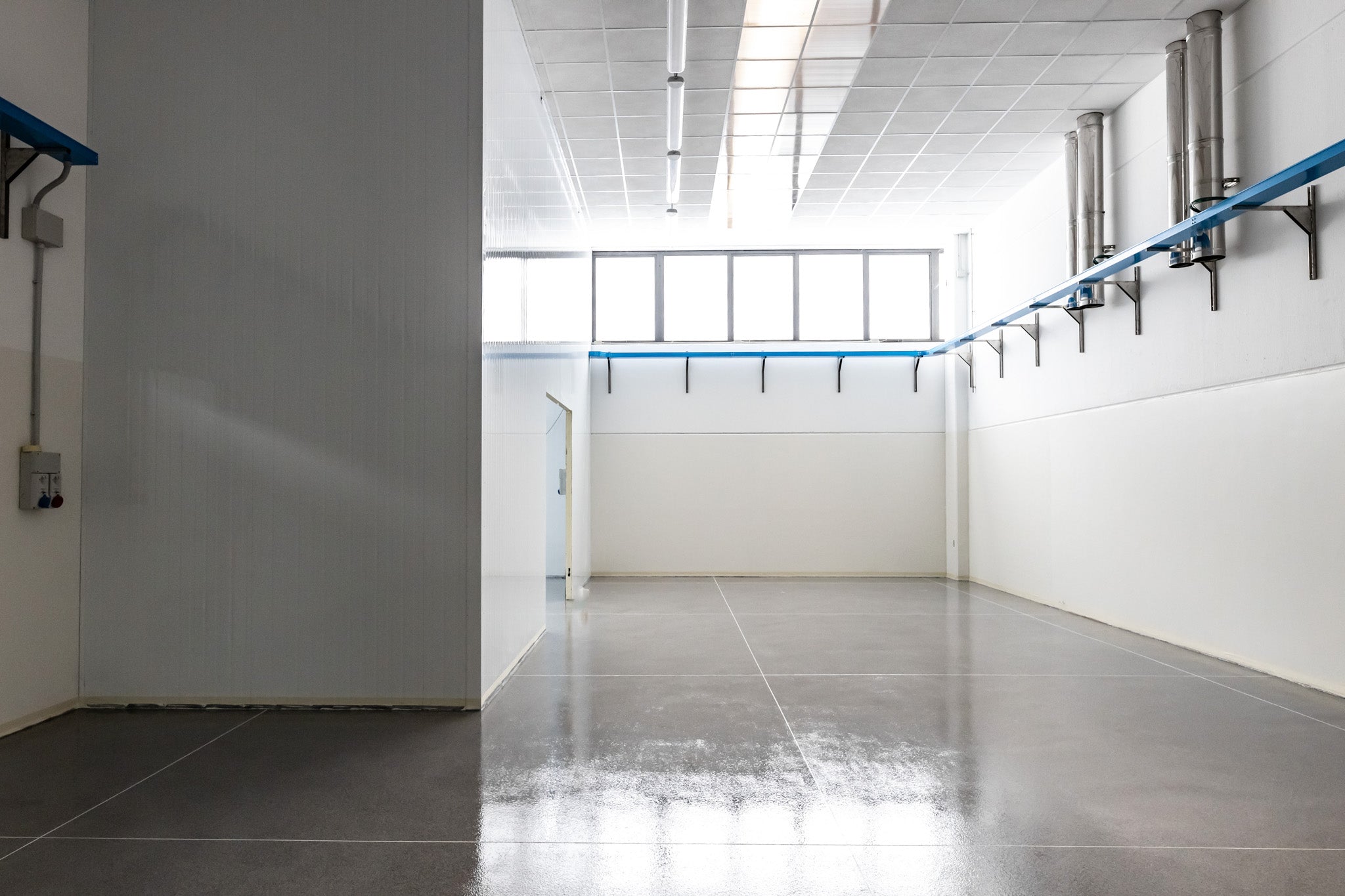What is the difference between water-based and solvent-based polyurethane finishes?
Here are the main differences between the two:
Water-Based Polyurethane Finish for Resin Floors
- Base: Uses water as the primary solvent.
- Environment: More eco-friendly compared to solvent-based finishes, as it emits fewer volatile organic compounds (VOCs).
- Odor: Has a less intense and more pleasant odor.
- Drying Time: Dries faster, making it easier to clean tools with water and soap.
- Durability: Less resistant compared to solvent-based finish but can be sufficient for areas with moderate foot traffic.
Solvent-Based Polyurethane Finish for Resin Floors
- Base: Uses chemical solvents.
- Environment: Emits more volatile organic compounds (VOCs), making it less eco-friendly.
- Odor: Has a stronger and more pungent odor, which may require good ventilation during application.
- Drying Time: Takes longer to dry, and cleaning tools requires specific solvents.
- Durability: Extremely resistant to wear, chemical agents, and scratches, making it ideal for high-wear surfaces like industrial or commercial areas.
In summary, the choice between water-based and solvent-based polyurethane finishes for resin floors depends on the intended use and durability requirements. Water-based finishes are often preferred for already inhabited environments due to their neutral odor, while solvent-based finishes are chosen for their robustness and durability in conditions of intense wear.


